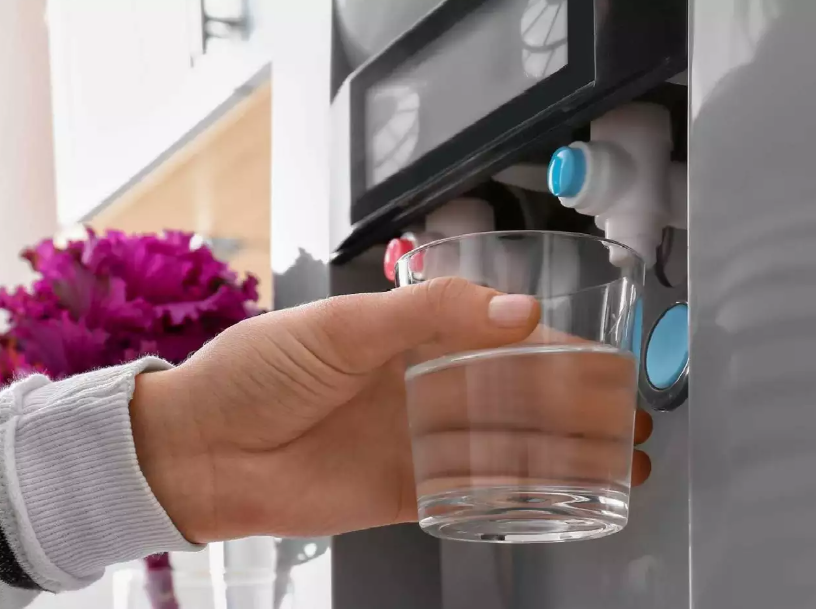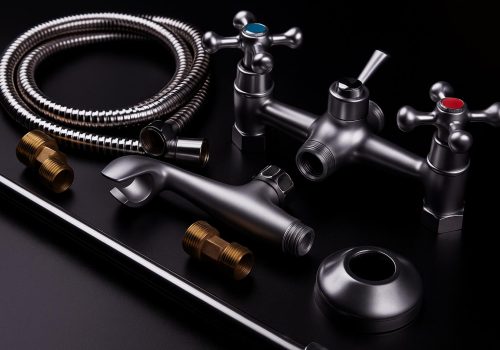Rural Water Filter: 4 Types of Water Filters You Need to Know About
Access to clean water is something many of us take for granted. However, in rural areas around the world, it is a daily struggle for many people. According to the World Health Organization, almost 2.1 billion people do not have access to clean water. This lack of access to clean water can lead to a number of health problems, including diarrhea, cholera, and Typhoid. One of the best ways to combat this problem is to provide rural communities with water filters. A rural water filter can solve this problem easily.
There are a number of different types of water filters that are suitable for different situations. The following is a list of 4 types of water filter systems you need to know about.
-
Sand Filters:
Sand filters are a type of water purification system that uses sand and gravel to filter out bacteria and other contaminants from the water. The sand is usually contained within a basin where it is cleaned by a pump. The water flows through this sand filter before being pumped back into the community. This method of filtration requires little maintenance, making it ideal for rural areas where there are limited resources.
-
Reverse Osmosis:
Reverse osmosis (RO) is another type of filtration system that uses pressure to push water through a membrane. This membrane blocks out bacteria and other contaminants, leaving pure water behind in the tank. RO is one of the most common methods used to purify drinking water around the world, but it does require some maintenance in order to remain effective.

-
Chlorine Filters:
Chlorine filters are the most common type of filter for rural water systems. These filters use a process known as chlorination to remove harmful bacteria from the water supply. Chlorine is added to the water and then allowed to sit for a time period. During this time, harmful bacteria in the water are killed off by chlorine.
-
Ceramic Filters:
Ceramic filters work by passing water through ceramic beads which contain an absorbent material called zeolite. Zeolite has an extremely large surface area which allows it to absorb harmful contaminants from the water. Some ceramic filter providers also add activated carbon or other filtering agents in order to remove unwanted tastes from the water.
There are many people who need clean water but don’t have access to it. The above-mentioned filters are best for rural life, so you can choose a rural water filter according to your needs.





